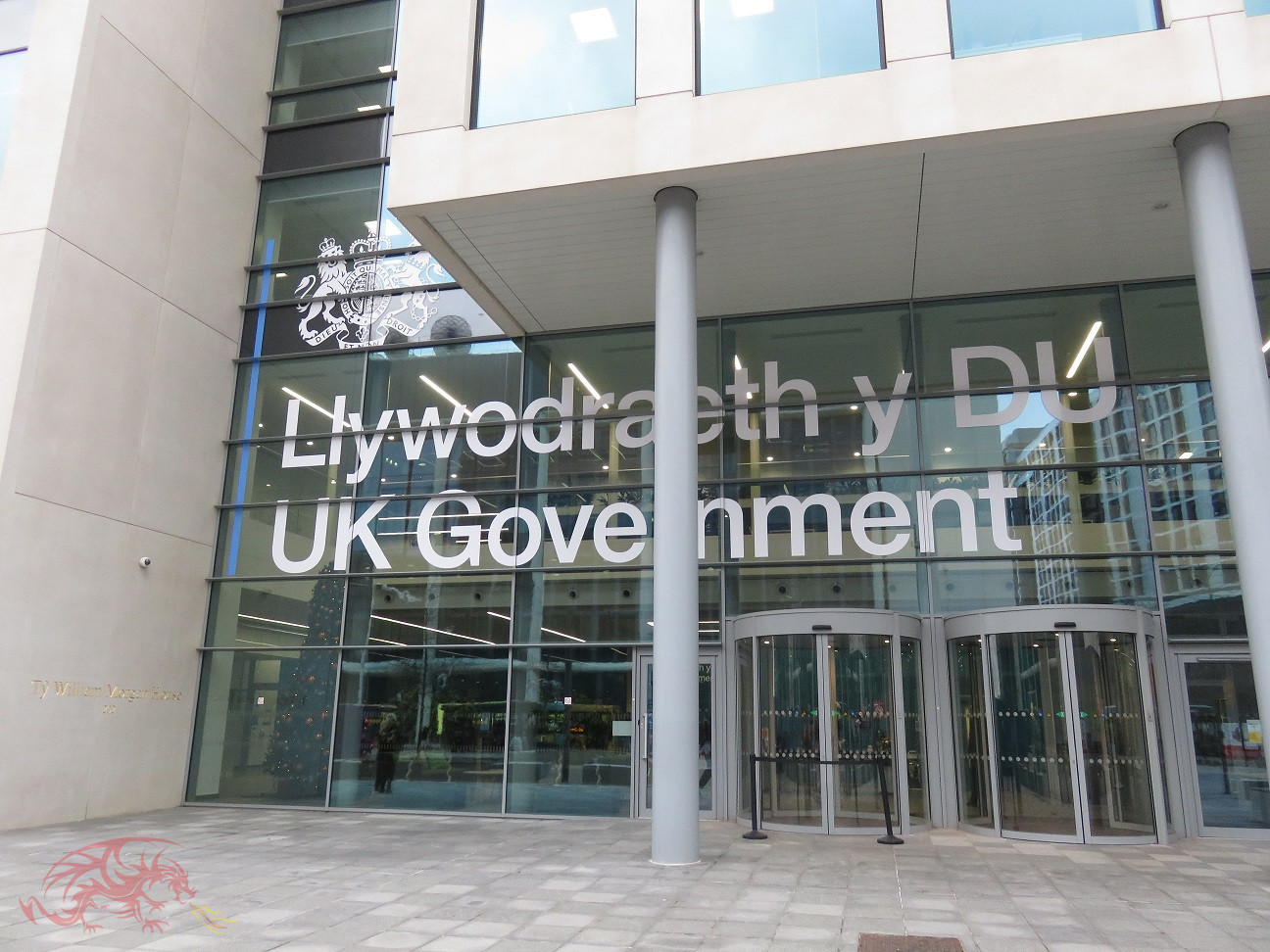
Prime Minister Keir Starmer emphasised that the digital ID would help combat illegal working and reduce fraud. He stated, “Digital ID is an enormous opportunity for the UK,” highlighting its potential to make it tougher for individuals without legal status to find employment. The government also plans to launch a public consultation later this year to address concerns and ensure the system is inclusive and secure.
Civil Liberties and Digital Exclusion Concerns
The proposal has sparked significant opposition across the political spectrum and among civil liberties groups. Critics argue that the digital ID could infringe on privacy rights and create a centralised database vulnerable to cyberattacks. Cybersecurity experts warn that such a system would become a prime target for hackers, potentially compromising sensitive personal information.
In Wales, Plaid Cymru has voiced strong opposition to the plan. Westminster leader Liz Saville Roberts stated, “Plaid Cymru will not support any digital ID system that risks shutting people out of services or eroding civil liberties.” She emphasised that Wales still has thousands of digitally excluded individuals, and no one should be locked out of vital services simply due to a lack of smartphone or internet access.
Roberts also criticised the government’s branding of the digital ID as a ‘BritCard’, noting that a majority of people in Wales identify as Welsh only. She warned that such terminology could alienate many in Wales and set the policy off to a bad start.
Public Opposition and Political Reactions
The announcement has prompted widespread public backlash. A petition opposing the digital ID scheme has garnered over 2 million signatures, with many describing it as a step towards mass surveillance and digital control.

Opposition parties, including the Liberal Democrats, Reform UK, and the Conservative Party, have criticised the proposal. Liberal Democrat leader Ed Davey compared it to the abandoned mandatory ID card scheme of former Labour prime minister Tony Blair, while Reform UK leader Nigel Farage described it as an “anti-British card.”
Civil liberties groups have also raised concerns, warning that the digital ID would create a “domestic mass surveillance infrastructure” and make Britain less free.
Moral and Practical Concerns
Beyond technical and privacy issues, the BritCard raises profound moral questions. Critics argue that while the government presents it as a tool to curb illegal working, there is little evidence it will be effective. Instead, it risks creating a system that penalises law-abiding citizens, adding bureaucratic hurdles to their everyday lives.
For many, access to employment could become conditional upon successfully navigating a digital verification system, effectively turning the fundamental right to work into a conditional privilege. This raises ethical concerns about fairness and equity, particularly for those already disadvantaged by digital exclusion or socioeconomic barriers.
Policing Illegal Work Already Falls to an Underfunded Force
Critics point out that the police budget is chronically underfunded not because of a lack of revenue, but due to political prioritisation. Channeling large sums into a digital ID scheme risks diverting resources from immediate needs – patrolling communities, tackling violent crime, and supporting local policing initiatives – toward a system that primarily targets lawful citizens for verification. In effect, taxpayers could end up footing the bill for a program that monitors the majority while doing little to address the root causes of crime or support the officers already on the front lines.
The question remains whether a policy aimed at preventing a relatively small problem is worth imposing broad restrictions on the freedoms and opportunities of the majority.
Discover more from Carmarthenshire News Online
Subscribe to get the latest posts sent to your email.






